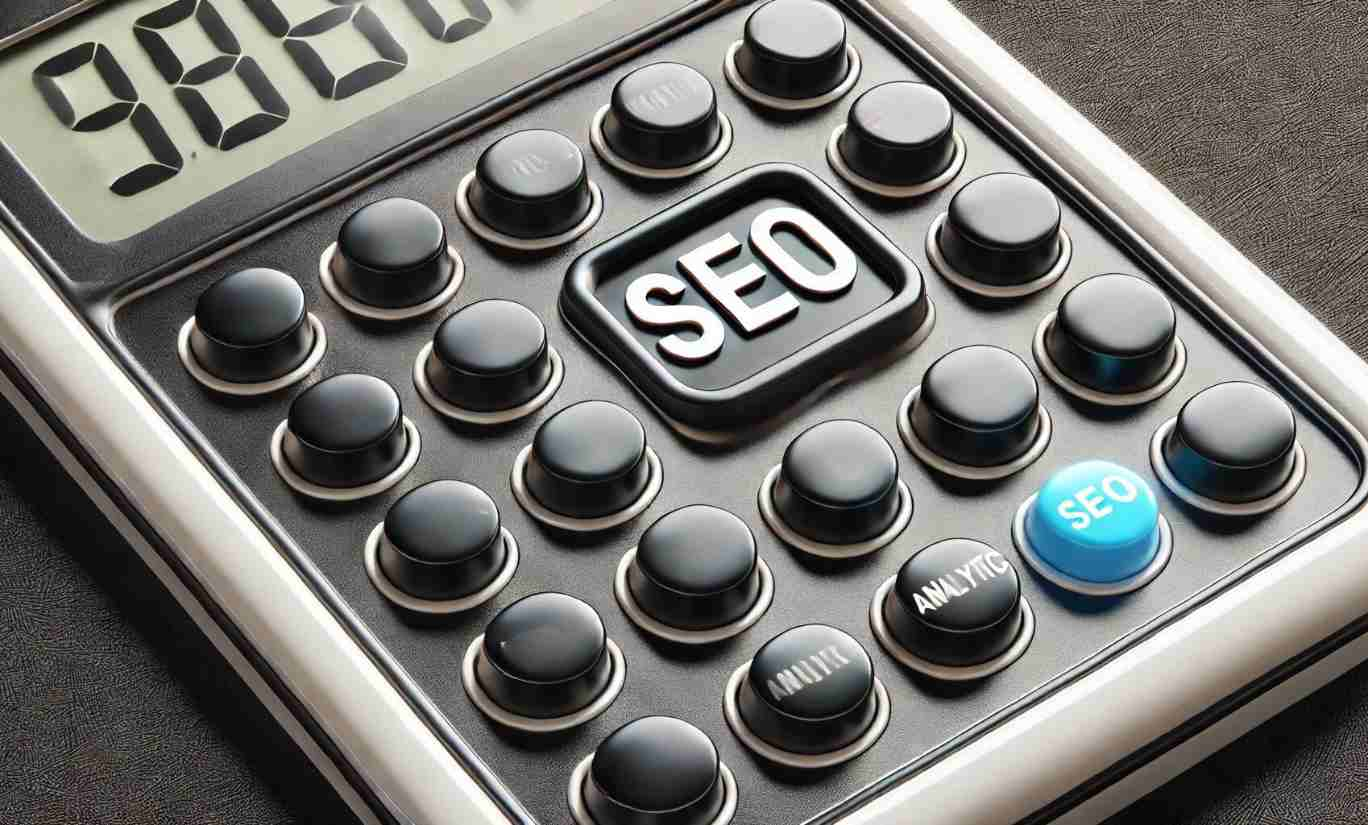
-
ROAR
- 4 Min Read
- Blog, PPC
How to Decrease Cost Per Click in Your Google ads
Cost per click or CPC is used to determine the costs of placing ads in front of users on search engines, Google Display Network for AdWords, social media networks and other ad publishers. In this blog, we will look at how to decrease cost per click for your ads.
What is cost per click within advertising?
Cost per click or CPC is a form of online advertising model that is used by websites to charge advertisers money based on the number of times a user clicks on their display ads. Bids are made in order to determine how much you pay in fees each time someone clicks on your ads online.
When setting up a CPC campaign you set a maximum cost-per-click bid or you can simply click “max. CPC” which is the highest amount you are willing to spend for a click on your ad. Unless you decide to set bid adjustments or you are choosing to use enhanced CPC. Enhanced CPC adjusts your manual bids for clicks that are the least likely to lead to sales or conversions in order to ensure your brand is getting as much as it can from CPC as possible.
CPC is calculated based on the cost to the advertisers divided by the number of clicks. An example of this is if an advertiser paid £200 for a campaign which received 54 clicks the cost per click would equate to £3.70.
There is a wide range of different ways to evaluate the effectiveness and performance of a paid ad campaign and different platforms use different attribution models in order to fully measure the conversions.
For example, Google Analytics has various different attribution models which treat different conversions differently. If your report via Google Analytics is set to the default view of the Last Non-Direct click, all purchases made on site will be attributed to the last channel that the consumer had interacted with. Via AdWords, the performance attributes all conversions to paid ads independent of the other channels.
How to decrease cost per click for your Google ads
Knowing how to decrease cost per click and keep it as low as it possibly can be is vital to sticking to a budget and keeping spending low. This ensures that your campaigns are as cost-effective to the business as possible which can increase the vital ROI.
Use long-tail keywords
When considering the costs of CPC and aiming to lower them, you need to first consider the keywords that you are targeting and bidding on.
A long tail keyword typically consists of 4 or more words and is important for you to be bidding on. Long tail keywords typically have a lot less volume of user searches attached to them. This is great because it shows there is less competition in terms of bidding, so they tend to be on the slightly cheaper side as opposed to broader and shorter keywords.
However, with this comes the potential of fewer visitors heading onto your website due to bidding on more niche keywords. Generally, though you tend to gain more visibility amongst the longer tail keywords which are more specific to the user’s needs and can lead to successful conversions.
Browse newer keyword match types
Consider using new match types when bidding on and selecting your keywords. Of course, this will take some time to do thorough independent keyword research within the industry you are situated in.
There can be a slight shift in the price of keywords that you are looking to use dependent on them being an exact match, a broad match and a phrase match.
A broad match of a keyword is a default match that all of your keywords are assigned to.
A phrase match is where Google matches the ad only against the keywords that have included a phrase that you have chosen.
Finally, an exact match keyword provides you with more control over who sees your ad as it has to be exact to the user’s search but you risk fewer searches than both phrase and broad match.
Use negative keywords
Negative keywords are phrases that you can signal to search engines that you don’t wish to appear. Consider these negative keywords as add-ons to the keywords you’re bidding on that would result in the keyword becoming completely ineffective.
Let’s take a look at an example of using negative keywords:
Say you sell jewellery including necklaces and earrings at a luxurious price mark, you may be bidding on the keywords “luxury necklace accessories”. Due to phrase match keyword searches, your ads would also be triggered by the words “cheap luxury necklace accessories”. This would be pretty irrelevant for search users who clearly aren’t looking for jewellery of your price range so essentially it’s a waste of a click that you are paying for!
Making sure you add your negative keywords ensures that you aren’t leaving your budget wide open to be demolished by pointless leads and clicks that you know for sure won’t convert.
Experiment with some new keyword variations
Keyword research is one of the most vital tasks to a successful paid search campaign and lowering your CPC. The more time and effort your spend on sifting thoroughly through keyword research the more effective your PPC is likely to be whilst also generating more profit.
If you are situated within a popular industry where some of your competitors offer similar products to yourselves. You could find yourself in a sticky situation where the more suited and ideal keywords are increasing in price from a CPC perspective.
You may find yourself in a position where your budget for Google Ads campaigns isn’t huge and consequently feel as though you can’t match your competitor’s effort. But in this scenario, you don’t have to exceed your budget, you can just conduct more extensive keyword research, and consider longer tail keywords which are likely to be cheaper and more budget-friendly. Regularly shorter keyword phrases show up as cheap but ultimately this is down to the competition surrounding these words being lower.
Despite the lower competition, try a few of these keywords out to see the results they can have for you.
Now that we’ve broken down how to decrease cost per click for Google ads take a look at our PPC Management Services for your paid campaigns. Get in touch with us to hear more.






